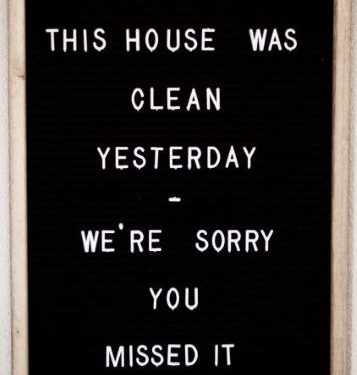In the words of a revered American president (you know the one), the word ‘crisis’ in Chinese is based on two characters. One means ‘danger’, the other ‘opportunity’.
For women in Britain, ‘working from home’ has been more the former than the latter.
Who would have thought that, on the 50th anniversary of the Equal Pay Act we would find ourselves back in the house, cooking, nurturing, cleaning and educating – oh, and working professionally too? Even before the pandemic, British women were working twice as hard as their male counterparts looking after family and home life.
During lockdown, this gap has been exacerbated for mothers who put in 4 hours a day more than fathers looking after children and home. The only notable exception to this harsh reality are situations where the father has lost his job entirely while the mother remains on the payroll.
A shift in societal perception of roles in the home is urgently needed. Working women contribute 35%-45% to the GDP in Europe and North America. So any country that takes its post-Covid economic recovery seriously must do more to acknowledge and address the stark inequalities between the genders.
Meanwhile, we women need to have more honest conversations at home with our partners and children (of capable age) to ensure that what can be done by them in the house is in fact done by them. It may mean having to compromise on our way of doing things and it may also mean inviting some friction into what might already be a precarious situation. But the burden of not doing so is too great for us to bear. And not just us but everyone who depends on us, including the economy! In this way, being a little more ‘selfish’ may actually turn out to be one of the most selfless acts we’ve taken in a while.
As for those of you men out there who hide away all day ‘working’, my plea to you is to observe your partner. If she can multi-task work, children, meals and laundry, surely you can do better! Next time you come downstairs for your cuppa, swing by the washing machine and hang up one of the 15 cycles of laundry that are making their rounds each day. Ask your older child to take out the recycling and tidy up after themselves and show their mum some respect – after all, the home they (and you) live in is not a hotel and their mum (your life partner) is not a maid. Then, as tempting as that evening run might be, put in an extra half an hour with your children to check their spelling and times tables. And then please do indulge in some exercise while dinner is bubbling away on the hob. The next day, then, tell your colleagues and mates to do the same. It might seem as sharing chores, but in reality, it is a way to regain the closeness with and respect of your family – and isn’t it worth it?
Perhaps we should all take a moment out of our busy day to consider what it is we need in order to shift the balance of child-care and home chores, and then make the necessary adjustments. After all, a crisis is not just ‘danger’, it is also an ‘opportunity’ – isn’t it time we find out what that really means to us?


